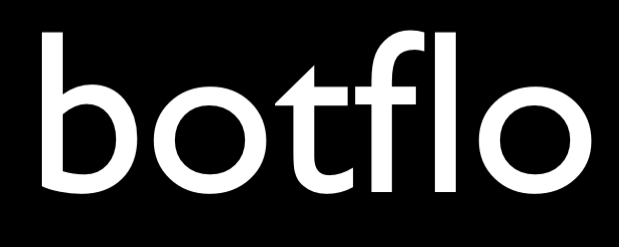About this site
BotFlo is owned and maintained by Aravind Mohanoor and provides training and tools for people building chatbots and other LLM powered products
If you need consulting help with these, please get in touch
My courses
Step by Step Dialogflow ES for Non Programmers
